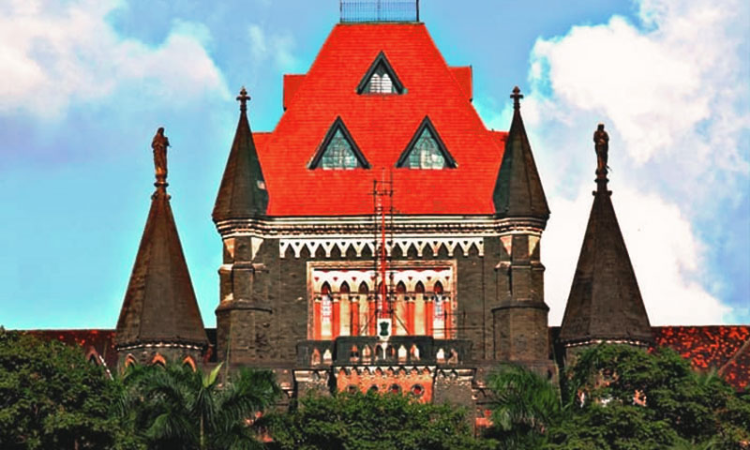Even if the appellate court is inclined to re-evaluate and re-appreciate evidence on record to take a different approach, such interference is not justified when the trial court's view is a possible view, not marred with perversity or unreasonableness and thus, the appellate Courts must exercise a great deal of caution before disturbing the factual findings recorded by the trial...

